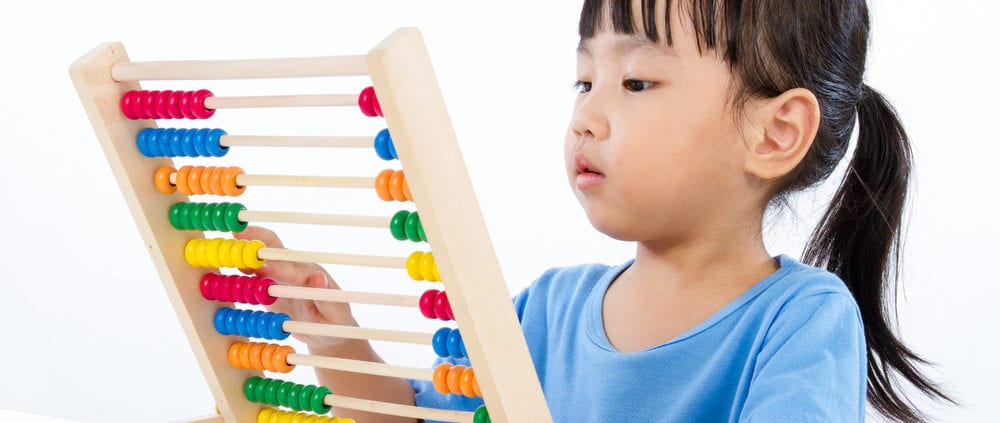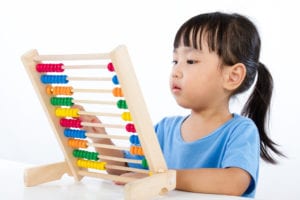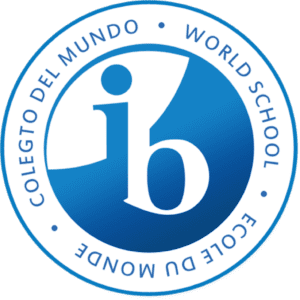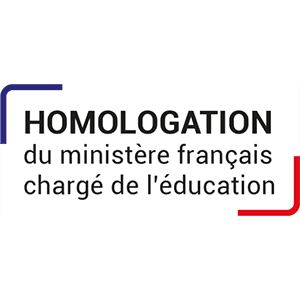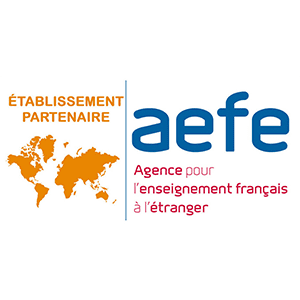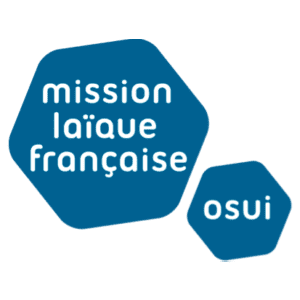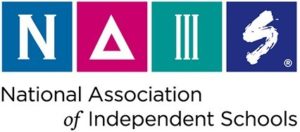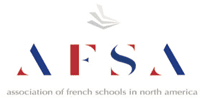How Bilingualism Supports Math Skills in Children
For many students, speaking two languages is a way of life. Navigating the world as a bilingual student provides many rich benefits for learning. Yet while being bilingual has been shown to increase students’ language skills, parents often wonder whether navigating two languages also has an effect on their child’s ability to learn math.
When PBS explored the issue, they found that bilingual students not only solved word problems, but all types of math problems, in a unique way. Unlike students who only spoke a single language, bilingual students were using the visual and spatial parts of their brain while solving the problems. Scientists are still theorizing as to why this is the case. One theory is that students are visualizing the elements of the problems in their heads (in other words, they’re actually creating pictures to represent multiplying apples or two trains leaving a station at different speeds).
As the New York Times reported, bilingual students also have a host of advantages in education, including the ability to focus on demanding tasks and solve difficult kinds of puzzles. By using dynamic language practices (in other words focusing on the all the linguistic strengths of bilingual students), teachers can help students take full advantage of their bilingual strengths. A 2011 study showed that allowing bilingual students to use both languages to discuss and solve problems increased the mathematical productivity of students. The flexibility bilingual students show in switching between languages also grants them an increase in creativity and problem solving that can enhance their math education.
Another important thing to keep in mind is that students, especially bilingual students, have been shown to be ever adaptive to new surroundings. While bilingual students may initially find it easier or faster to solve problems using their first language, research from the University of Texas at San Antonio found that while students tended to solve arithmetic problems in the language they first learned them in, they were more likely to solve word problems in the language they use regularly. Such research indicates that bilingual students may be more adaptable in solving math problems than first believed.
Bilingual students are uniquely prepared to meet the challenges of mathematics head on when supported by strong teachers and parents.
At Tessa International School, we may have a focus on bilingual education, but we also teach the whole child. We believe that each aspect of learning is connected. To find out more, visit our website or learn about our Summer Camp.


